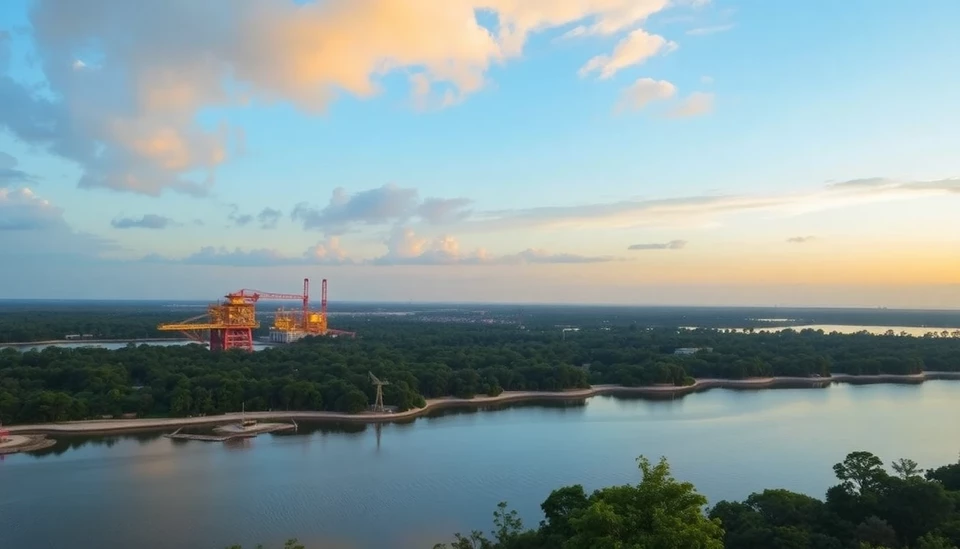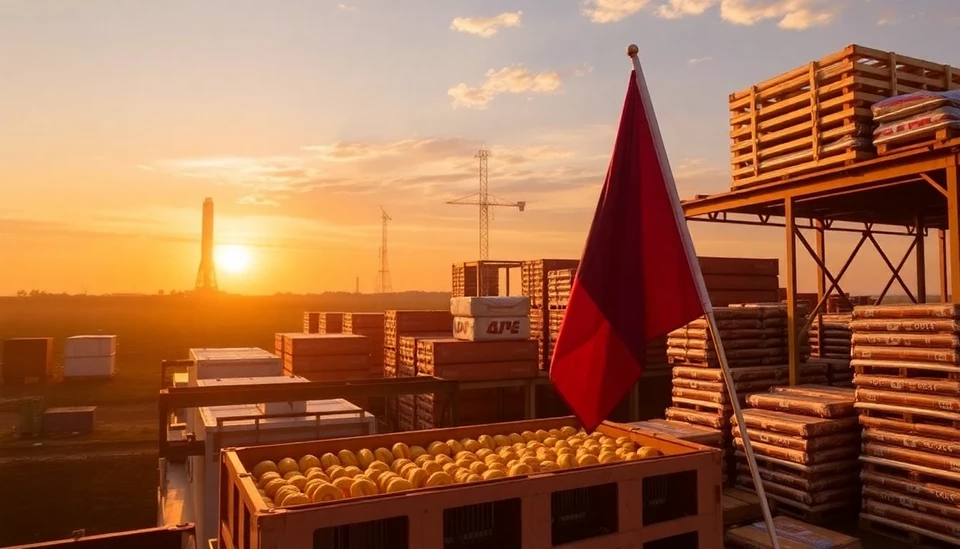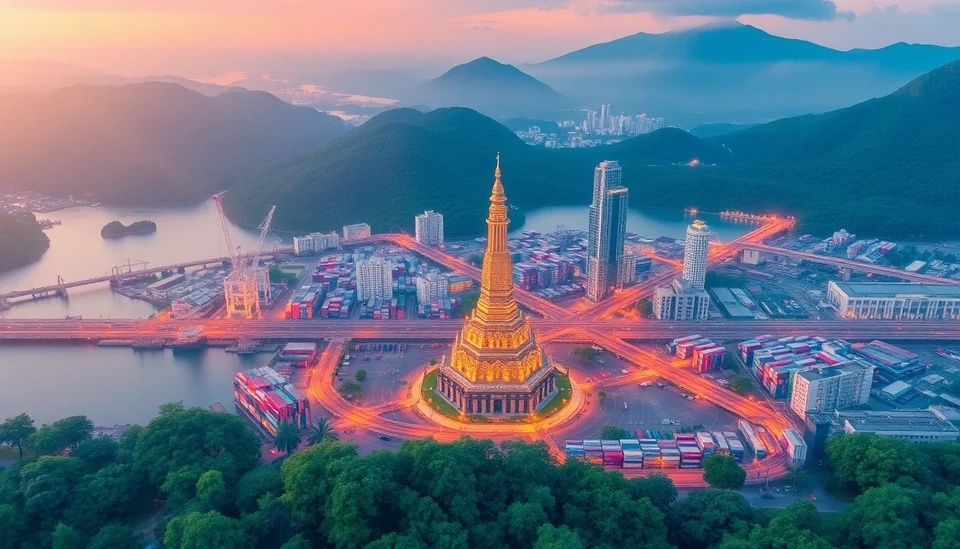
In a bold move towards energy independence and economic growth, Thailand is redirecting its gaze towards a lucrative gas field estimated to hold approximately $300 billion worth of reserves. This potential energy bonanza, however, has been mired in a longstanding dispute with neighboring Cambodia, which has thrown a wrench into exploratory and development efforts.
Known as the "Krisdam," this gas field is situated in the Gulf of Thailand, presenting a significant opportunity for Thailand to bolster its energy resources. Currently, the project’s progression is hindered by geopolitical tensions, primarily revolving around conflicting territorial claims between Thailand and Cambodia. Both nations have historically asserted their rights over this lucrative underwater resource, which sits undisturbed while negotiations stall and legal complexities ensue.
Thai officials have recently reignited discussions intended to resolve these disputes, seeking collaborative dialogues with Cambodian counterparts. The Thai government believes that harnessing the gas field's vast resources could provide a panacea for ongoing energy demands, especially as the nation grapples with fluctuating energy prices and the pressing need to transition to cleaner energy sources.
Energy experts assert that tapping into the Krisdam gas field could indeed offer a substantial economic boost for Thailand. Not only would it lessen the country's reliance on imported fossil fuels, but it could also position Thailand as a regional leader in natural gas production. However, the complex interplay between national interests and international law presents significant hurdles that could delay the project indefinitely.
As Thailand pushes forward with its plans, the focus on renewable energy sources is also intensifying. Leaders are adamant about balancing fossil fuel exploration with commitments to sustainability—an increasingly critical aspect of global energy conversations. Observers note that any resolution to the Cambodia dispute will need to reflect an understanding of environmental impacts, particularly in a region already facing the consequences of climate change.
Moreover, the Thai government is likely to face scrutiny from various stakeholders, including environmental groups, who express concerns about the ecological ramifications of gas extraction in the Gulf waters. The discourse surrounding energy development in Thailand is shifting towards shared benefits that prioritize both economic development and environmental preservation.
In summary, while Thailand's ambition to tap into the $300 billion gas reserves in the Gulf of Thailand presents a potentially transformative opportunity, the path forward is fraught with diplomatic challenges. As both nations navigate these troubled waters, the outcome will be pivotal not just for energy security in Thailand but for the broader geopolitical landscape of Southeast Asia.
#Thailand #Cambodia #GasField #EnergyIndependence #Krisdam #NaturalGas #SoutheastAsia #EconomicGrowth #Sustainability
Author: Victoria Adams




